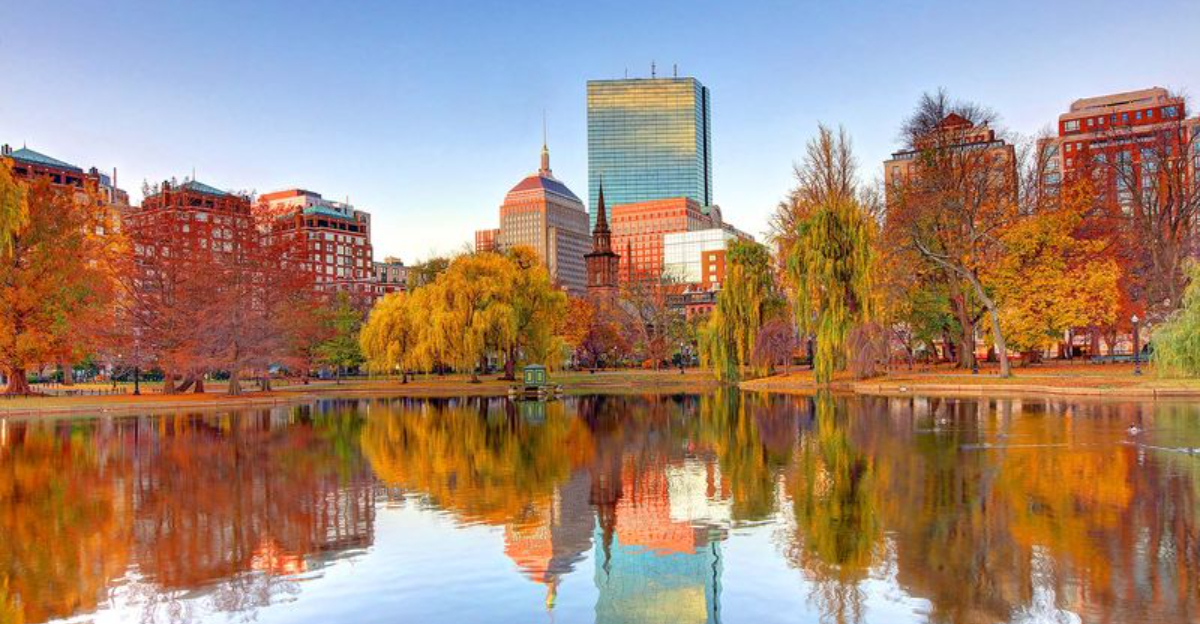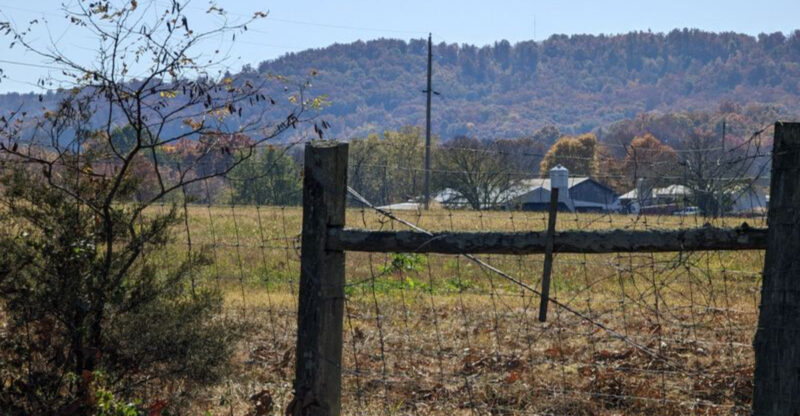How Boston, Massachusetts Became A Rising Wellness Hotspot

A quiet shift has taken hold, rooted in community energy and a renewed commitment to well-being. Wellness feels woven into the rhythm of everyday life, from neighborhood initiatives to citywide programs that make healthier living feel natural rather than forced.
Boston, Massachusetts embraces this movement with intention, shaping spaces that nurture both body and mind. The result is a destination where innovation, support, and mindful living come together in ways that feel both modern and deeply connected to the city’s character.
A Bold Plan For Healthier Living
The Boston Public Health Commission launched the “Live Long and Well Agenda” to tackle some of the city’s biggest health challenges. This comprehensive plan addresses serious concerns that affect life expectancy.
By focusing on prevention and early intervention, the initiative aims to reduce health disparities across different neighborhoods. Communities now have better access to resources that could help them live longer, healthier lives with support tailored to their specific needs.
Mental Health Gets A Dedicated Home
In 2022, Boston opened the Center for Behavioral Health and Wellness, creating a central hub for mental health support. The center prioritizes communities that have historically faced systemic barriers to quality care.
Young people receive special attention through programs designed to address their unique challenges. The approach emphasizes equity, ensuring everyone has a fair chance at accessing the behavioral health services they need, regardless of their background or where they live in the city.
Investing Millions In Young Minds
Boston committed $21 million over five years to strengthen mental health services for children and families. This massive investment trains mental health professionals and creates programs serving over 2,000 young people annually.
Schools and community centers now offer more counseling options and early intervention services. Families find it easier to get help when they need it, without long waiting lists or confusing processes that once made accessing care difficult for many residents.
Starting Wellness Before Kindergarten
The Boston Healthy Childcare Initiative partners with early childhood educators to build healthy habits from the start. Programs encourage nutritious eating, active play, and limited screen time for the youngest residents.
Teachers receive training on creating wellness-focused environments where children naturally develop good habits. By catching kids early, the city hopes to prevent health problems before they begin, setting up a generation for success through simple, everyday choices that become second nature over time.
Connecting Neighbors Through Wellness
Since 2015, the Wellness Connect Program has brought residents together around health and nutrition. The initiative helps people access benefits they might not know about while teaching practical healthy living skills.
Beyond just information, the program fights loneliness by creating social connections among participants. Neighbors meet regularly, share meals, and support each other’s wellness journeys, turning isolated individuals into a connected community that looks out for one another through both challenges and celebrations.
Campus Life Gets A Wellness Makeover
UMass Boston launched Beacon Wellness to weave health into every aspect of campus life. The initiative considers not just physical fitness but also mental health, sustainability, and community connection.
Students, professors, and staff all benefit from programs designed with inclusivity at their core. From meditation spaces to healthy dining options, the campus environment now actively supports well-being rather than just tolerating it, showing how educational institutions can prioritize the whole person.
Buildings Designed For Well-Being
Global real estate market (including Boston) has embraced wellness design, with the sector nearly doubling between 2017 and 2020. New developments now include features specifically meant to improve residents’ health and happiness.
From air filtration systems to yoga studios and rooftop gardens, buildings increasingly reflect what people want from their living spaces. Developers recognize that modern residents value environments supporting their wellness goals, making health-focused design a competitive advantage rather than just a luxury add-on.
Luxury Meets Alternative Wellness
High-end hotels like the Mandarin Oriental now offer CBD-infused spa treatments, reflecting growing interest in alternative wellness approaches. These services cater to visitors and residents seeking relaxation through emerging therapeutic options.
The availability of such treatments in prestigious establishments signals how mainstream alternative wellness has become. What once seemed fringe now appears on luxury spa menus, giving people more choices in how they pursue relaxation and relief from everyday stress and tension.
Compassionate Support For Personal Challenges
Boston expanded its network of community services by creating low-barrier daytime spaces where individuals can access guidance, wellness resources, and practical assistance without fear of judgment. These centers provide connections to medical care and other supportive programs.
The model acknowledges that everyone’s path toward stability and well-being is unique, offering help that adapts to each person’s circumstances. By removing obstacles and focusing on empathy rather than enforcement, the city opens meaningful pathways to improved health for people who may not find what they need in traditional care settings.
A Blueprint For Health Justice
The Health Equity Now Plan outlines Boston’s strategy for eliminating health disparities across all communities. The comprehensive approach addresses economic security, education, housing, and holistic wellness as interconnected factors.
Rather than treating symptoms alone, the plan acknowledges that true health requires addressing root causes of inequality. By connecting housing stability with health outcomes and educational opportunities with wellness, Boston takes a sophisticated view of what it means to create a truly healthy city for everyone.






